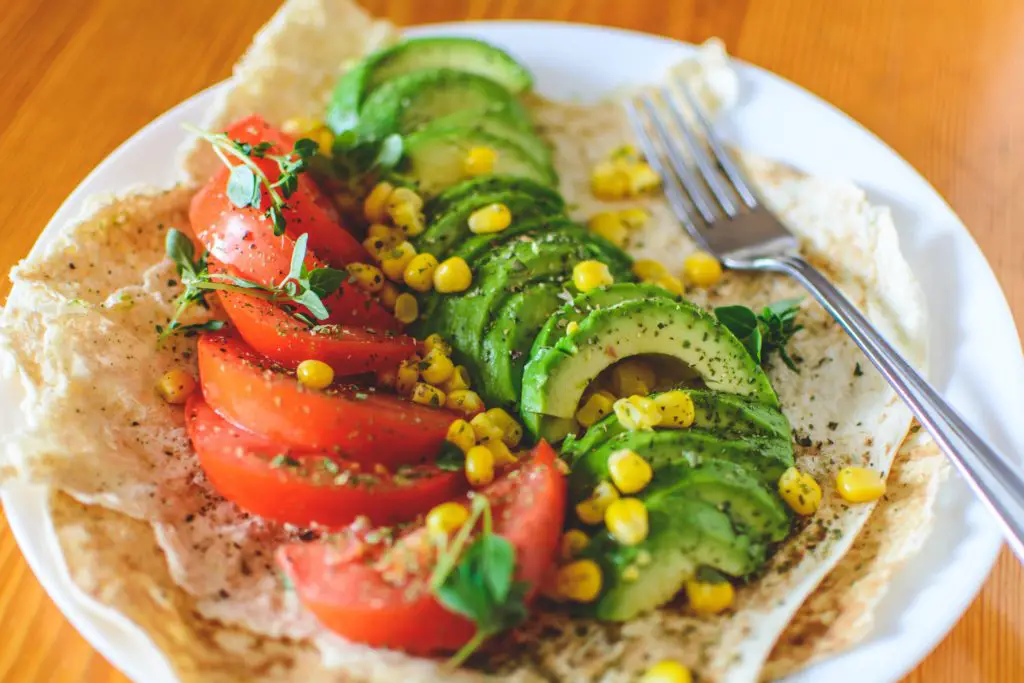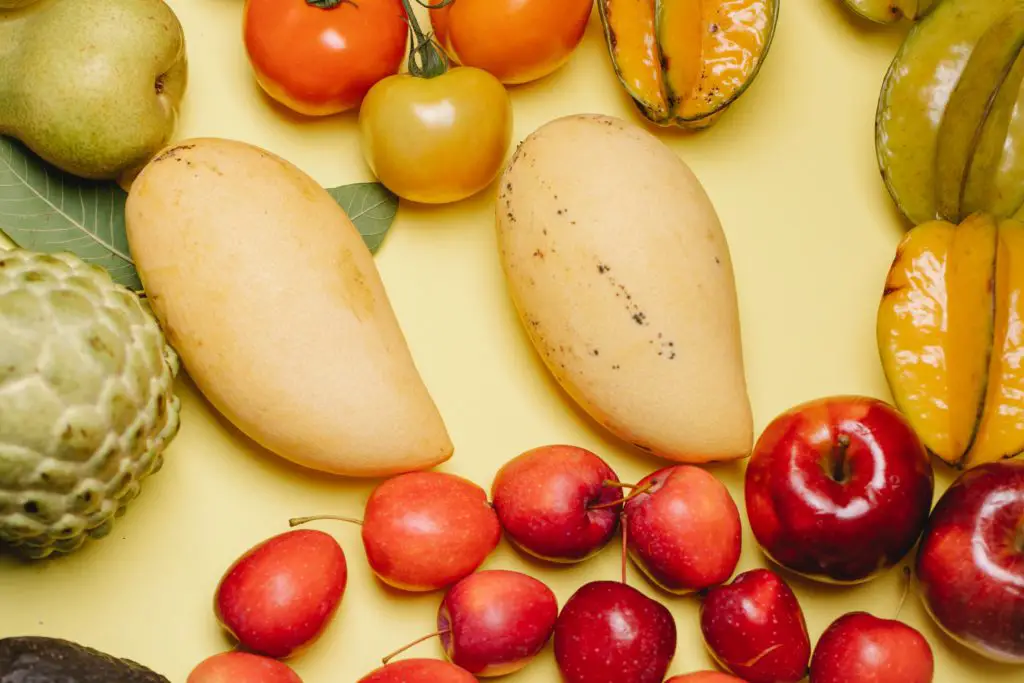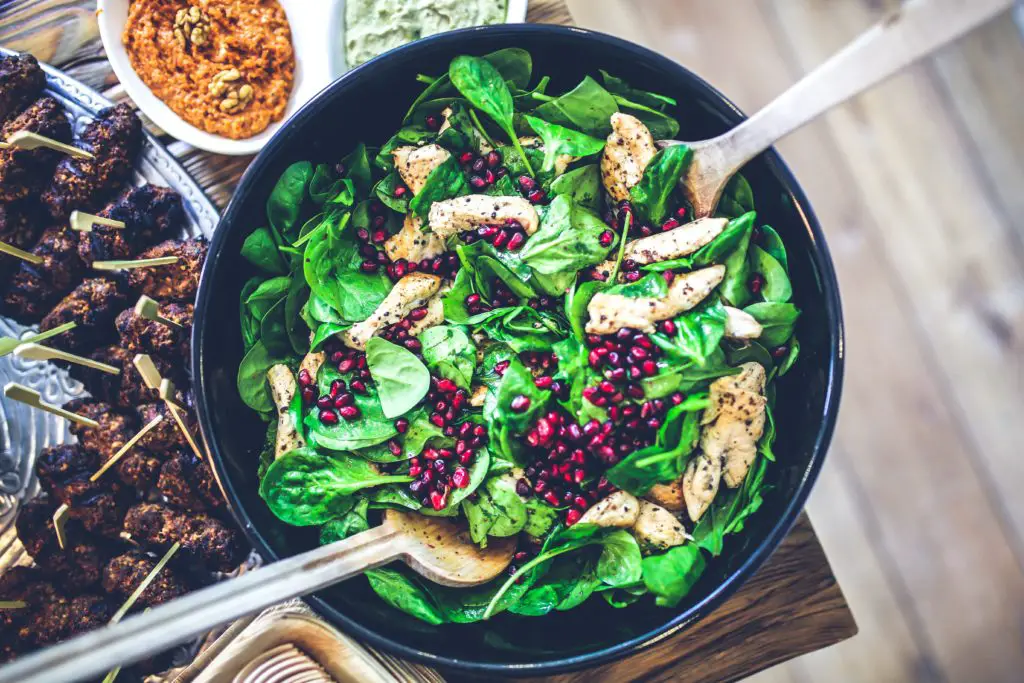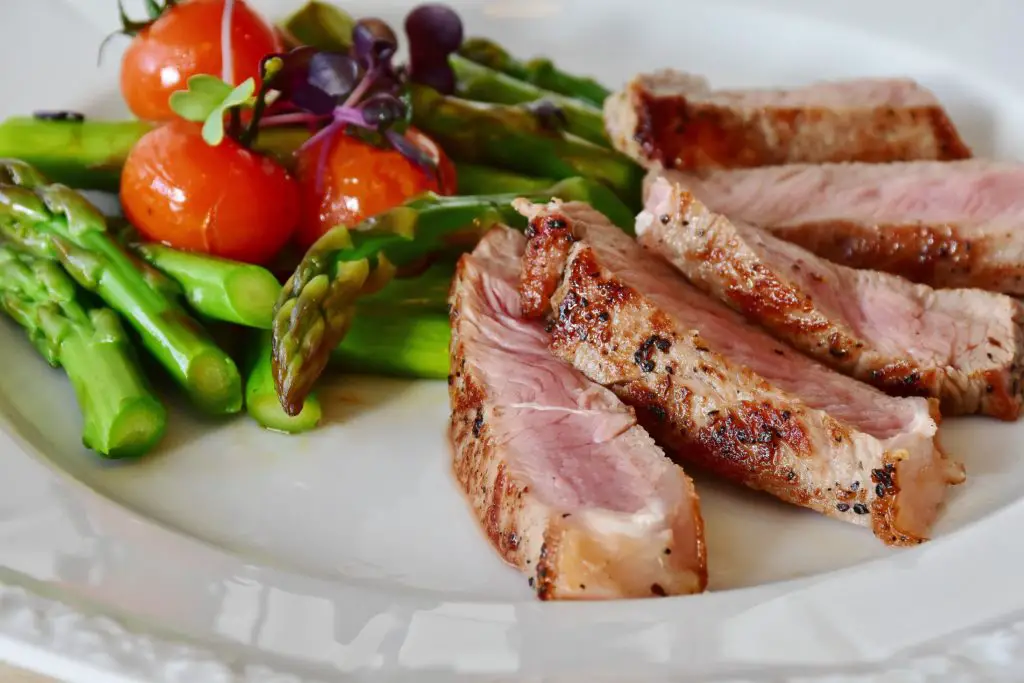What Is The Vegan Diet?
The vegan diet means you are eliminating all foods of animal origin which include eggs, meat, fish, poultry, dairy products and honey.
Why people adopt a Vegan Diet?
People adopt a vegan lifestyle to improve their health, for environmental or ethical reasons. Vegans are mainly concerned about the killing of animals for food.
Popularity
Vegan Diet is Ranked:
- No.2 diet in Best Weight-Loss Diets (Tie)
- No.2 diet in Best Diets for Diabetics (Tie)
- No.2 diet in Best Heart-Healthy Diets (Tie)
- No.5 diet in Best Fast Weight-Loss Diets (Tie)
- No.7 diet in Best Plant-Based Diets
- No.9 diet in Best Overall Diets (Tie)
How Healthy Is The Vegan Diet?
According to various studies, people who are on a vegan lifestyle tend to lose more weight than many other diet plans. Vegans, based on the food choices, may not get all the micronutrients particularly iron, zinc and calcium.
Vegans should include the following items in their diet to get the essential micronutrients.
- Cereals, grains, legumes and dates are good sources of iron.
- Spinach, nuts, legumes, and leavened bread provide zinc.
- Sesame seeds, broccoli, sea vegetables and tofu coagulated with calcium are the best vegan sources of calcium.
- Other sources of calcium are calcium-fortified orange juice and soymilk.
Principles of Vegan Diet
The main principle which is followed by Vegans is that all animals have a right to life. Roughly 60 billion land animals and more than a trillion marine animals are used and killed annually for human food. The objections to animal cruelty and exploitation go beyond the killing of animals for food. Vegans strongly oppose wearing of clothes and products made from animal skin or fur including cosmetics that are tested on animals. Vegans also oppose the testing of medications on animals.
Impact of Animal-based diet
- Environmental concerns – from the harmful impact of using land and water to raise animals for food as well as that of transporting them from “farm to fork.”
- Researchers at the UK’s University of Oxford concluded that adopting a vegan lifestyle could be “the single biggest way” to reduce your personal environmental impact on the planet.
- By eliminating meat and dairy products, the carbon footprint from food can be eliminated by up to 73 percent.
- Worldwide farmland use could be reduced by 75 percent if everyone follows the vegan diet. This would lead to a significant drop in greenhouse gas emissions and free up wild land lost to agriculture.
- The production of meat and dairy products is responsible for 60 percent of greenhouse gas emissions but provides only 18 percent of calories and 37 percent of protein levels worldwide.
What Can You Eat on Vegan Diet?
The vegan diet includes fruits, vegetables, grains, nuts, seeds and legumes. It is low in cholesterol and saturated fat but can be high in healthy fats from plants. Popular vegan food includes guacamole, vegetarian baked beans, hummus, pasta, popcorn, lentil soup, veggie burgers, and frozen fruit desserts.
If you are new to vegan diet then these books will help you get into vegan lifestyle smoothly.
Calories On A Typical Vegan Diet
Vegans tend to consume fewer calories than people who eat meat and other animal products. Vegans generally have a lower body mass index and weigh less than non-vegans.
Pros and Cons of a Vegan Diet:
Pros:
- It can be very healthy.
- It is good for losing weight, for managing better lipid and cholesterol levels in the blood.
- It also lowers risks of chronic disease like diabetes, Chronic kidney disease, etc as a result of consuming less fat, less saturated fat, less animal protein, and more fruits and vegetables.
Cons:
- A vegan diet, in general, is not that great for children.
- A vegan diet presents a risk of a vitamin B12 deficiency and an increased risk of omega-3 fatty acid deficiency. You will need Vitamin B12 and omega-3 fatty acid supplementation.
- There is also an increased risk of iron and calcium deficiency. Iron and calcium Supplementation is needed.
Sources:
Julieanna Hever, “Plant Based Diets: A Physician’s Guide,” The Permanente Journal, July 6, 2016, doi: [10.7812/TPP/15-082]Joseph Poore et al, “Reducing food’s environmental impacts through producers and consumers.” Science, June 1, 2018, DOI: 10.1126/science.aaq0216
The Vegetarian Resource Group, “Veganism in a Nutshell,” vrg.org/nutshell/vegan.htm









